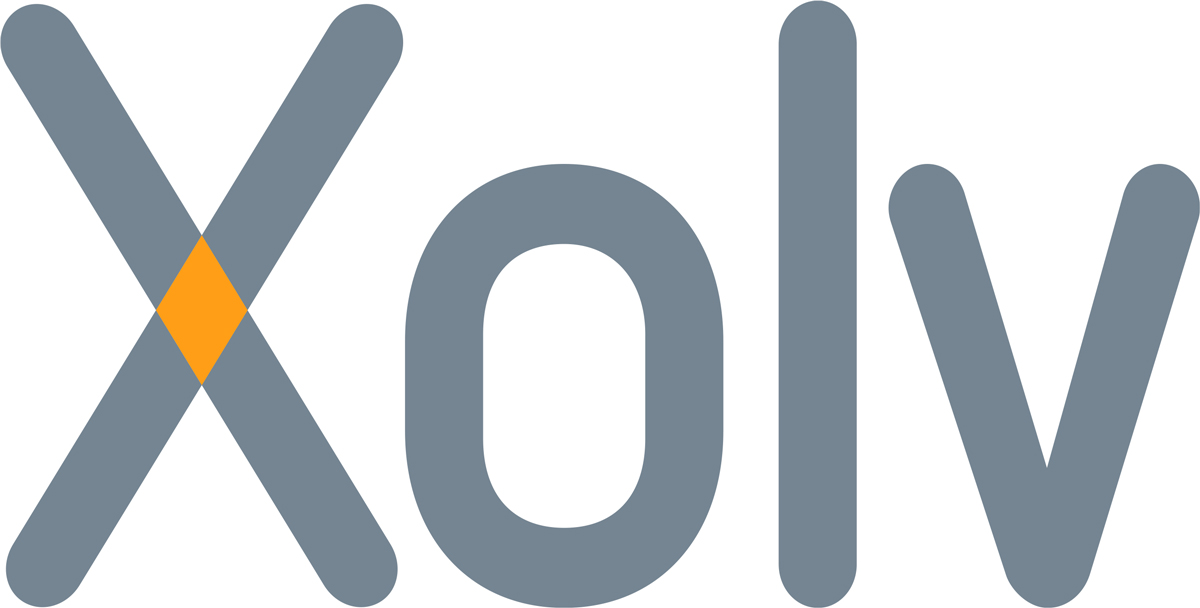Unfortunately, placing financing with one party has several drawbacks. Especially with general banks increasingly reluctant to lend. Something that has only worsened since the corona crisis in the early 2020s.
Advantages of stacking finance
Spreading funding across multiple parties often has some distinct advantages. We list the most important ones here:
- More customisation delivers the ideal funding mix.
Choosing the right financing for each credit need creates the best mix. Think operational lease for the fleet, financial lease for production machines with a longer economic life, factoring for debtors and a mezzanine loan or crowdfunding to tap a new market. This allows you to realise the best possible financing structure with financing that fits best in terms of term and conditions. - Comparison between different providers ensures the best conditions.
By applying to several parties for credit, you can be sure that you will get the best offer in the end. Not only in terms of interest rates and commissions, but also in terms of collateral and other conditions. - You don't give away all the collateral as you would with normal financing.
When a company applies for its first loan from the bank, the bank immediately demands all available collateral. By stacking financing, you avoid this. The leasing company only requires pledging of the object to be financed (the car or the new production machines), the factoring company only of the debtors and the credit insurance, and the provider of the mezzanine loan often does not require any collateral at all. Upon repayment of a financing, the security automatically lapses back to the company. Thus, the company remains master of its own assets. - Financiers are keener and often provide more.
An (alternative) financier who knows that there are more cutters on the coast will quote more sharply and pay more attention to the borrower anyway. Because no single financier runs the entire risk, the total financing ends up higher in almost all cases.
Want to know more?
Stacking financing requires a thorough knowledge of the various forms of financing. It also requires experience in negotiating terms and conditions with financiers. This can be a disadvantage, but it doesn't have to be. Because that's where Xolv Finance comes in. We have many decades of experience in this field and can provide you with the best advice. Contact us using the contact form below and together we will look at which financing structure best suits your business.



